Hitler Strikes Poland: Blitzkrieg, Ideology, and Atrocity
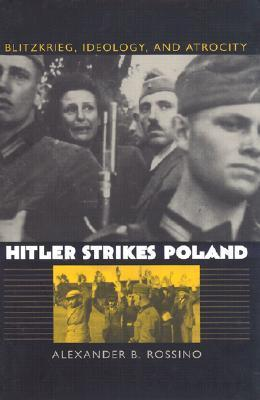
Summary
It was one of the most ruthlessly conceived and executed invasions in the annals of warfare. Hitler's Polish campaign unleashed a blitzkrieg in which SS troops, police squads, and the army itself waged an ethnic war of unprecedented brutality. Tens of thousands of Poles-roughly 80 percent of whom were Christian-were summarily executed in acts of collective punishment. After six weeks, a country was crushed and the world was at war. Usually given short shrift in most histories of World War II, the invasion of Poland was more than a series of opening salvos; it was a testing ground for German brutalities to come. In this first intensive study of the invasion, Alexander Rossino provides a comprehensive study of the Polish campaign, including disturbing new insights into its racist and ideological underpinnings. Rossino tells how this invasion melded the ideology of the Nazi party with Germany's military yearning for empire in the East. The Polish campaign was important as the first step in Hitler's drive for "living space" for Germans in Eastern Europe, and as the blitzkrieg decimated urban residential areas, civilians soon became indistinguishable from combatants. In addition to describing military operations, Rossino also provides a close analysis of SS plans to murder Polish leaders, German army reprisal policies, and the close collaboration of Wehrmacht and SS forces in the subjugation and execution of Polish citizens. Rossino considers both top-level decision making and the experiences of German soldiers as he explores the mentality of those who perpetrated crimes against civilians. He particularly investigates the links between Nazi racial-political policies and military action to show that Poland was merely the German army's dress rehearsal for the later slaughter of other Slavs and Jews during the Russian campaign. By providing a detailed examination of atrocities committed by both military and SS personnel, he shows that the Wehrmacht's criminality was clearly evident at the beginning of the war. Hitler Strikes Poland is a startling reconstruction of history that clearly reveals the extent to which Nazi philosophy drove the German war machine. By placing German expansionism in its ideological context, it can help us better understand the brutality of the years that followed and better appreciate the suffering of the Polish people.
Similar Books
-
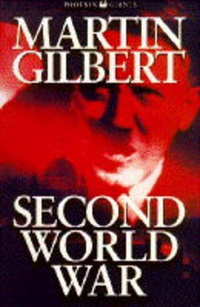 Second World War
Second World Warby Martin Gilbert
-
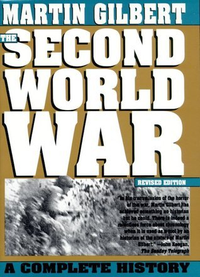 The Second World War: A Complete History
The Second World War: A Complete Historyby Martin Gilbert
-
 The Second World War
The Second World Warby Gilbert Martin
-
 Europe's Last Summer: Who Started the Great War in 1914?
Europe's Last Summer: Who Started the Great War in 1914?by David Fromkin
-
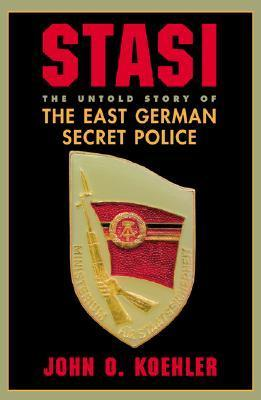 Stasi: The Untold Story of the East German Secret Police
Stasi: The Untold Story of the East German Secret Policeby John O. Koehler
-
 Honor Bound: The History Of American Prisoners Of War In Southeast
Honor Bound: The History Of American Prisoners Of War In Southeastby Stuart I. Rochester
-
 Honor Bound: American Prisoners of War in Southeast Asia, 1961-1973
Honor Bound: American Prisoners of War in Southeast Asia, 1961-1973by Stuart I. Rochester
-
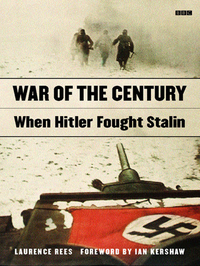 War of the Century: When Hitler Fought Stalin
War of the Century: When Hitler Fought Stalinby Laurence Rees
-
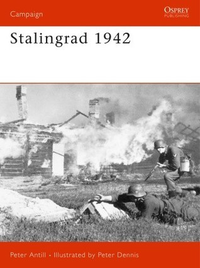 Stalingrad 1942
Stalingrad 1942by Peter Antill
-
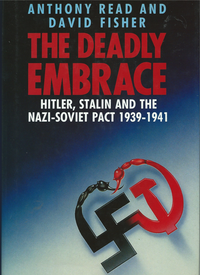
-

-
 The Routledge Atlas of the First World War
The Routledge Atlas of the First World Warby Martin Gilbert
-
 My Four Years in Germany
My Four Years in Germanyby James Watson Gerard
-
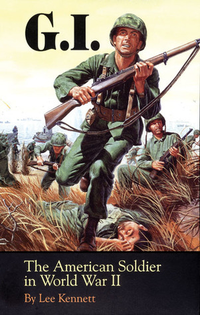 G.I.: The American Soldier in World War II
G.I.: The American Soldier in World War IIby Lee B. Kennett
-
 War in the Wild East: The German Army and Soviet Partisans
War in the Wild East: The German Army and Soviet Partisansby Ben H. Shepherd
-
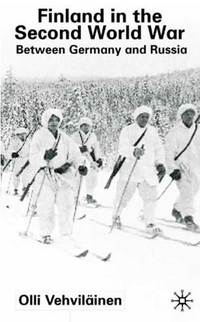 Finland In The Second World War: Between Germany and Russia
Finland In The Second World War: Between Germany and Russiaby Olli Vehviläinen
-

-
 Hitler's Renegades: Foreign Nationals in the Service of the Third Reich
Hitler's Renegades: Foreign Nationals in the Service of the Third Reichby Christopher Ailsby
-
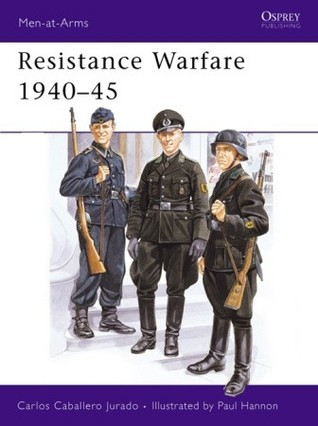 Resistance Warfare 1940-45
Resistance Warfare 1940-45by Carlos Caballero Jurado
-

-
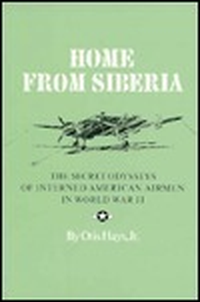
-
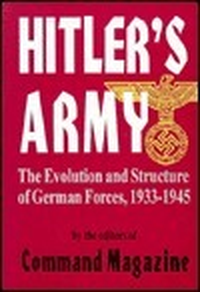 Hitler's Army: The Evolution And Structure Of German Forces
Hitler's Army: The Evolution And Structure Of German Forcesby Command Magazine
-
 Witness for Peace: A Story of Resistance
Witness for Peace: A Story of Resistanceby Ed Griffin-Nolan
-
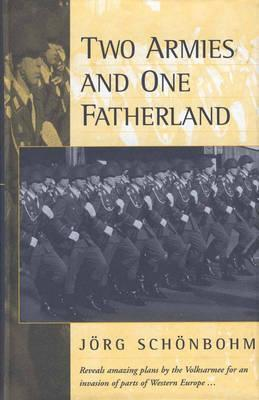 Two Armies and One Fatherland: The End of the Nationale Volksarmee
Two Armies and One Fatherland: The End of the Nationale Volksarmeeby Jörg Schönbohm
-
 Jagdwaffe Volume Five Section 3 - Defending the Reich 1944-1945
Jagdwaffe Volume Five Section 3 - Defending the Reich 1944-1945by Robert Forsyth
-

-
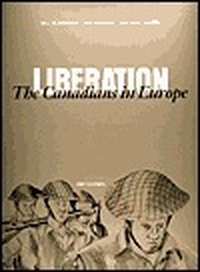 Liberation: The Canadians in Europe
Liberation: The Canadians in Europeby Bill McAndrew
-
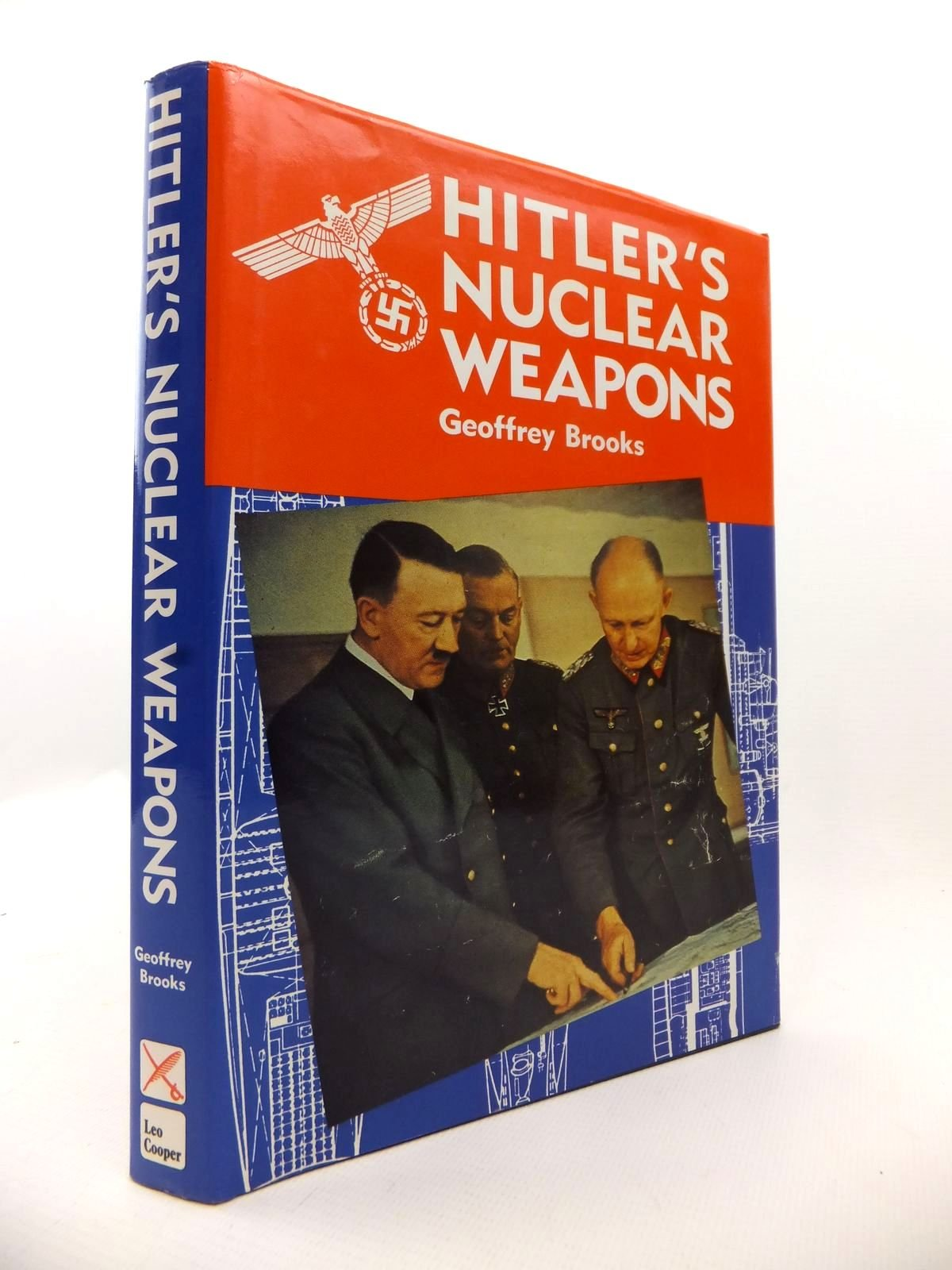
-
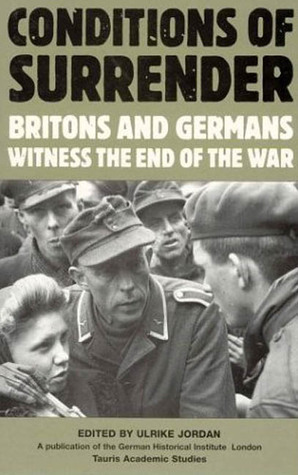
-
 Cuc: Flower of the Delta: A Viet Kieu Odyssey
Cuc: Flower of the Delta: A Viet Kieu Odysseyby Peter A. Geniesse
-
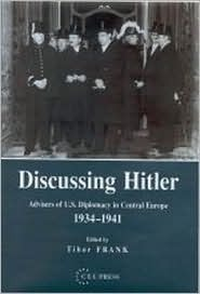
-
 Romania in Harm's Way, 1939-1941
Romania in Harm's Way, 1939-1941by Nicholas Constantinesco